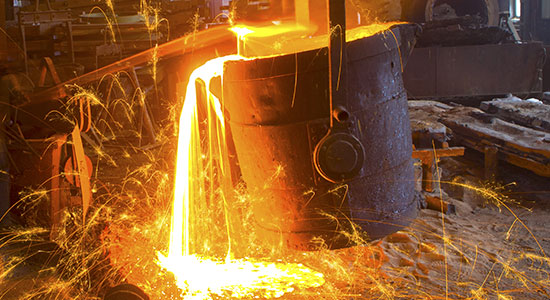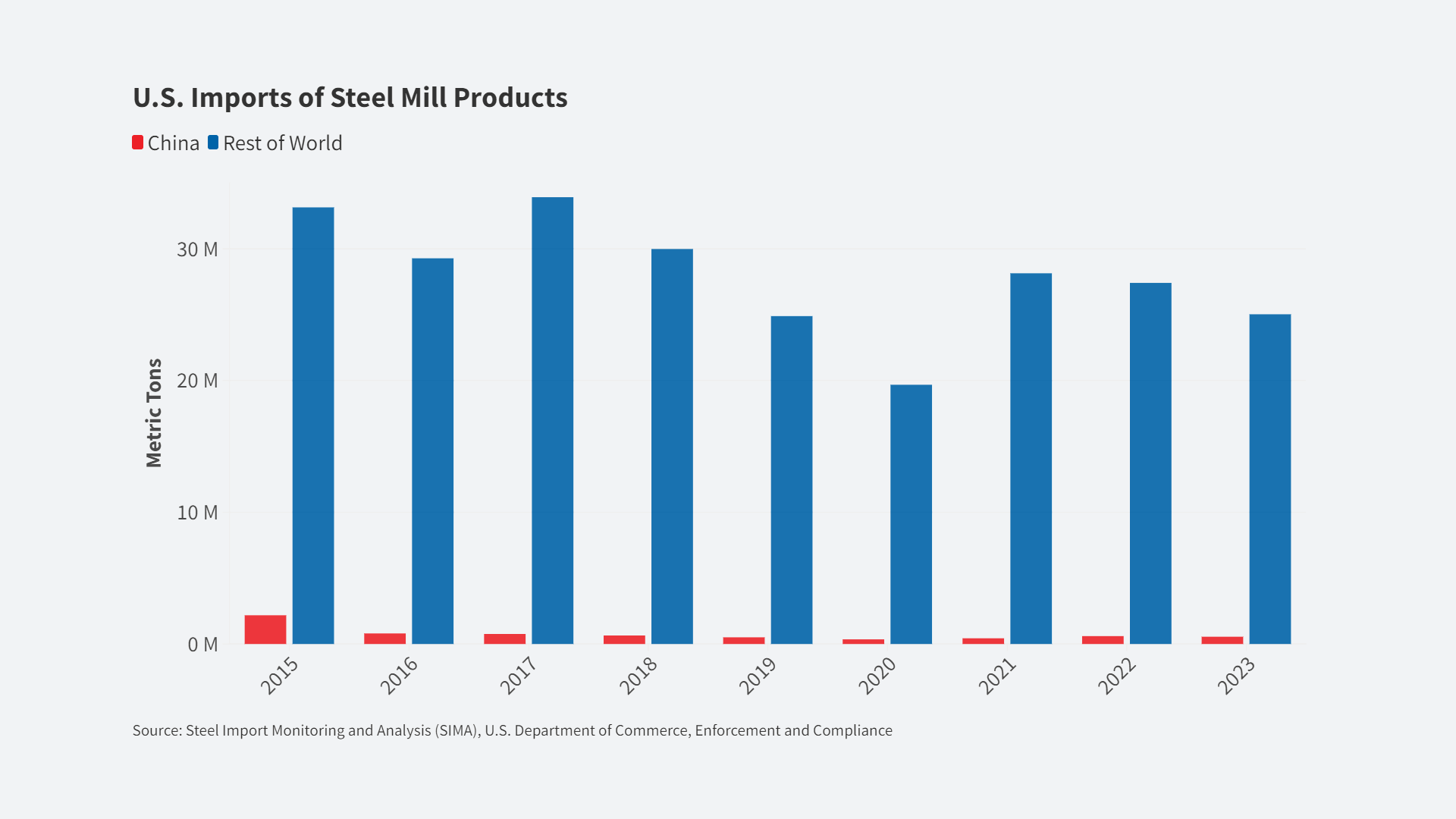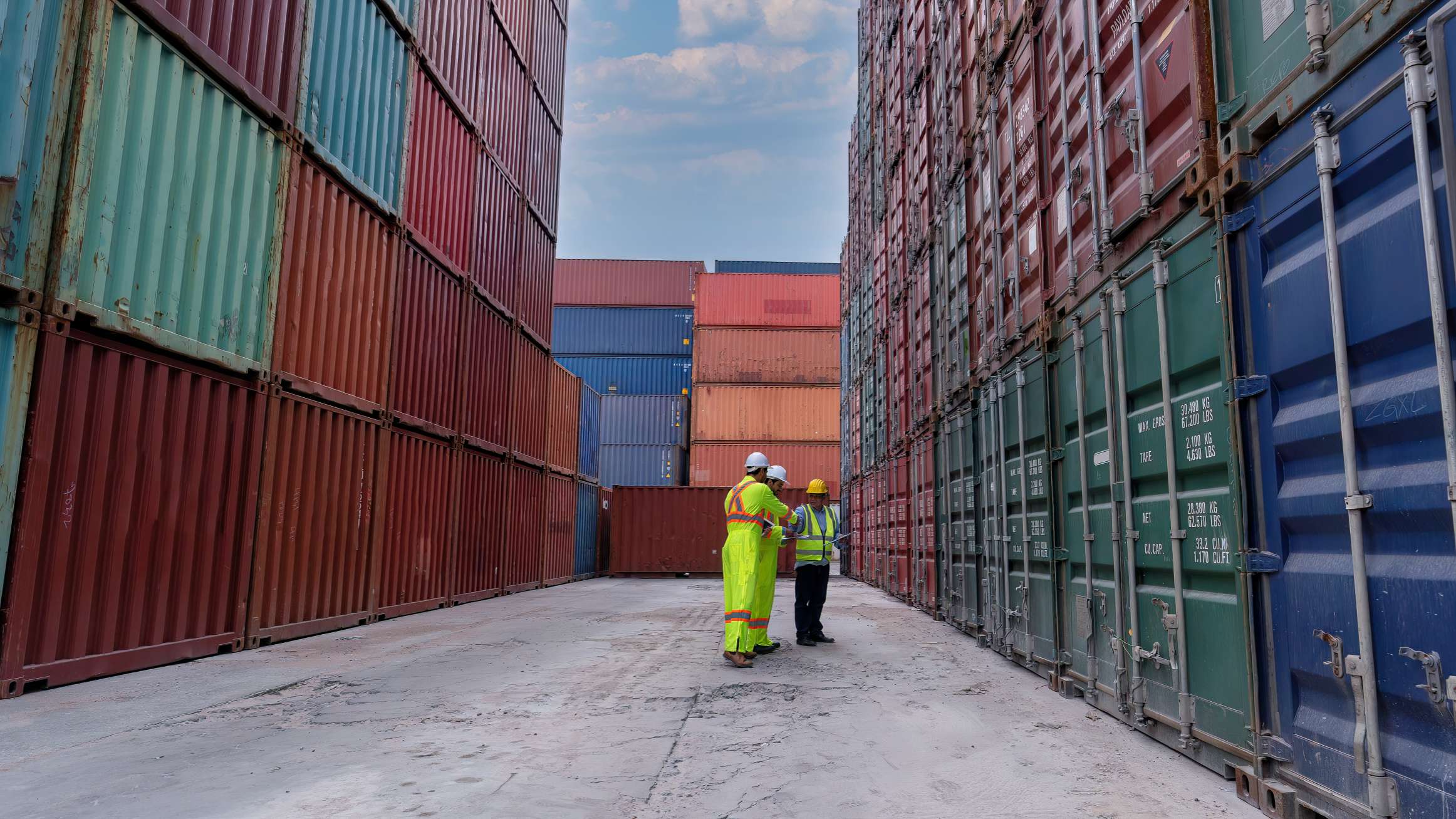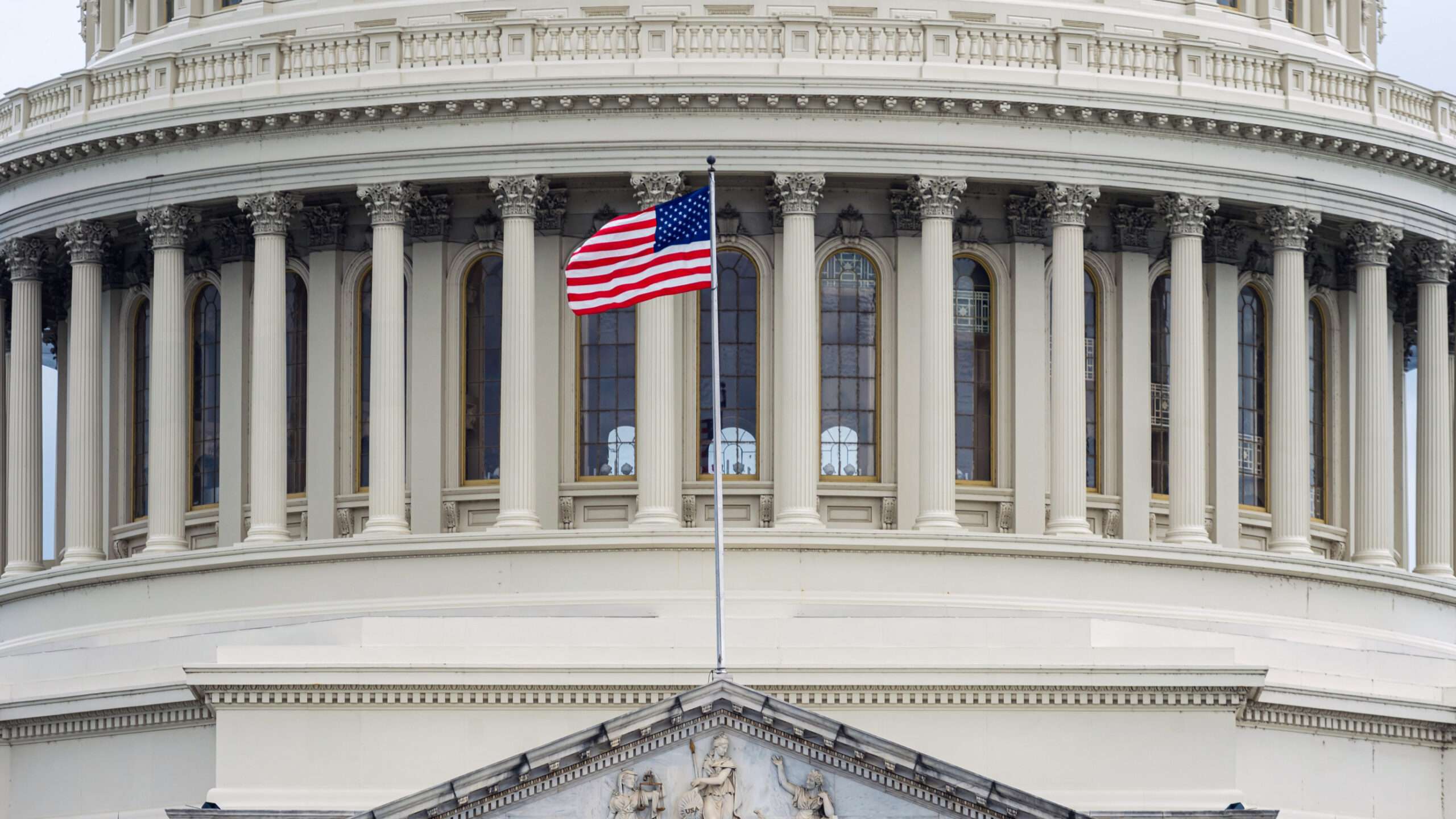It emerged this week that the Chinese government has been taking action to make sure that the Chinese Communist Party is the ultimate decisionmaker at dozens of state-owned Chinese businesses. The Financial Times reported that more than 30 Chinese state-owned companies have had their by-laws amended to state that the Communist Party provides “direction” on key decisions.
[Dan DiMicco | August 18, 2017 | The Hill]
So much for western hopes that China would progress rapidly to become a market economy after joining the World Trade Organization in 2001
The Trump administration needs to keep this dynamic in mind as it considers whether to apply Section 232 protection for the U.S. steel and aluminum industries. Section 232 of the 1962 Trade Expansion Act empowers the federal government to take action, including tariffs and/or quotas, to protect an industry if that industry is vital to U.S. national security and is threatened by unfair trading practices.
Today, these vital industries are at risk due to overproduction in China. In the case of steel, China’s excess capacity today exceeds the total of U.S. production. Chinese overcapacity weighs on the world market, driving down steel prices and threatening the profitability and sustainability of the U.S. industry. That threatens our national security capability, because steel, in many different forms, is vital to our military — on land, in the sea and in the air.
There’s no question that the root cause of the world’s steel overcapacity is a Chinese industry that is massively subsidized by the Chinese government. Those subsidies, running into the hundreds of billions of dollars, have enabled China to build up a huge (and highly polluting) steel industry, and keep it going despite billions in losses.
China has promised again and again to reduce production and mothball steel mills and furnaces. Yet each year, steel production continues to rise. The World Trade Organization is unable to pressure China in any meaningful way.
It’s not just steel and aluminum that have suffered as a result of foreign mercantilist practices. Foreign support of targeted industries has led to the decline of many of our manufacturing and agricultural industries. On the civilian side, this has led to large-scale unemployment and the decay and desolation of many once-prosperous towns and cities.
It emerged this week that the Chinese government has been taking action to make sure that the Chinese Communist Party is the ultimate decisionmaker at dozens of state-owned Chinese businesses. The Financial Times reported that more than 30 Chinese state-owned companies have had their by-laws amended to state that the Communist Party provides “direction” on key decisions.
So much for western hopes that China would progress rapidly to become a market economy after joining the World Trade Organization in 2001.
The Trump administration needs to keep this dynamic in mind as it considers whether to apply Section 232 protection for the U.S. steel and aluminum industries. Section 232 of the 1962 Trade Expansion Act empowers the federal government to take action, including tariffs and/or quotas, to protect an industry if that industry is vital to U.S. national security and is threatened by unfair trading practices.
Today, these vital industries are at risk due to overproduction in China. In the case of steel, China’s excess capacity today exceeds the total of U.S. production. Chinese overcapacity weighs on the world market, driving down steel prices and threatening the profitability and sustainability of the U.S. industry. That threatens our national security capability, because steel, in many different forms, is vital to our military — on land, in the sea and in the air.
There’s no question that the root cause of the world’s steel overcapacity is a Chinese industry that is massively subsidized by the Chinese government. Those subsidies, running into the hundreds of billions of dollars, have enabled China to build up a huge (and highly polluting) steel industry, and keep it going despite billions in losses.
China has promised again and again to reduce production and mothball steel mills and furnaces. Yet each year, steel production continues to rise. The World Trade Organization is unable to pressure China in any meaningful way.
It’s not just steel and aluminum that have suffered as a result of foreign mercantilist practices. Foreign support of targeted industries has led to the decline of many of our manufacturing and agricultural industries. On the civilian side, this has led to large-scale unemployment and the decay and desolation of many once-prosperous towns and cities.
On the defense side, this has led to serious erosion in our defense capability. Our production and research capabilities depend on having sizeable markets to support the costs of world-class American products. Yet, past administrations have refrained from enforcing our trade laws out of fear they would be labeled protectionist.
Some critics of Section 232 action argue that U.S. action could lead to a tit-for-tat “trade war” in which other countries take action against us. Yet other countries’ use of national interest provisions has not produced such reprisals. On the contrary, if the U.S. refuses to take action today, it will be seen as a signal that the trade distortions of foreign subsidies will be free to continue and grow.
The growth of trade distortions and violations of the principles of free trade by China and other nations have led to a situation in which the U.S. is today running a trade deficit of some $550 billion a year. The U.S. has run deficits for more than 40 consecutive years, a record in modern economic history. Those deficits have in turn led to industrial decline, increased unemployment, stagnant living standards and other social and economic ills.
It’s time to take action before our defense capability is irremediably damaged.
Critics say the U.S. has a responsibility as the so-called leader of the free world to ensure an open and fair trading system. In our view, the U.S. has a responsibility to restore the fair trading system that once existed but no longer does. That responsibility means standing up for the principle that every nation has the right to safeguard its national security, and every nation has the obligation to respect the rules of free trade.
The world is looking to the U.S. and waiting to see it show the leadership for which it was once respected and celebrated.
Dan DiMicco is the former CEO of Nucor Steel. He was a Trump trade advisor during his campaign and also part of the Trump transition team.













